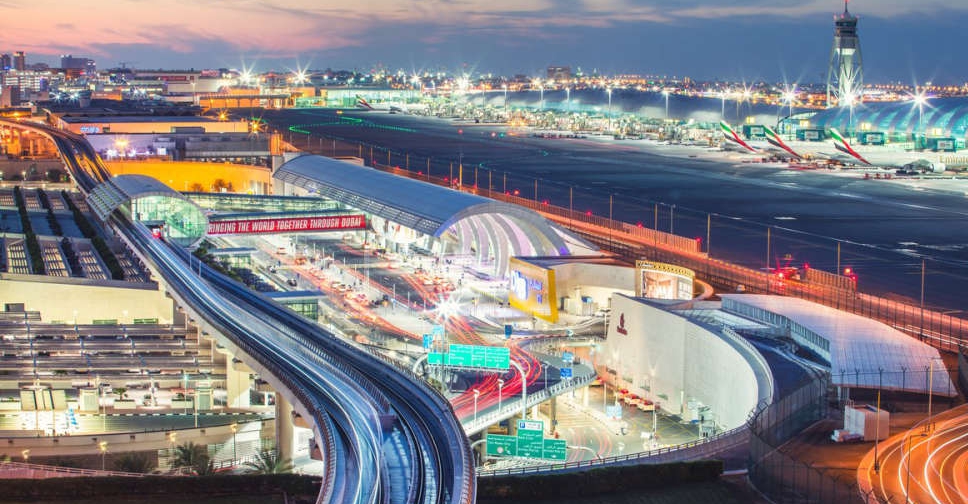
Dubai International Airport (DXB) recorded its busiest quarter in history, welcoming 23 million guests in the first three months of 2024.
The figure marks a 8.4 per cent increase compared to the same period last year, with January seeing the highest traffic numbers at 7.9 million guests.
Paul Griffiths, CEO of DXB commented, "The robust growth trajectory at DXB continued in the first quarter of the year, with the hub recording some truly impressive numbers, thanks in part to the proliferation of cities being added to our network by our home base carriers Emirates and flydubai, in recent months.
"As Dubai emerges as a global leader for attracting talent, businesses, and tourists from across the globe, our focus remains on sustaining growth momentum and enhancing the overall airport experience for every guest passing through our terminals. With a strong start to Q2 and an optimistic outlook for the rest of the year, we have revised our forecast for the year to 91 million guests, surpassing our previous annual traffic record of 89.1 million in 2018."
DXB drives Dubai's economic growth and tourism, with the city registering a 3.3 per cent increase in real gross domestic product (GDP) valued at approximately AED 307.9 billion. The airport’s efficient handling of ever-increasing passenger traffic and high cargo volumes supports the Emirate’s diversified economy.
DXB serves as the main gateway to Dubai, supporting its growth and international brand. With connections to 256 destinations across 102 countries through 90 international carriers, DXB strengthens Dubai’s position as a global business and logistics hub.
India remains DXB's top destination country, with passenger traffic reaching 3.1 million guests, followed by Saudi Arabia (2m), the UK (1.5m), and Pakistan (1.1m). Other significant contributors include the US (836,000 guests), Russia (725,000), and Germany (728,000). Top cities by passenger numbers include London with 961,000 guests, Riyadh (795,000), and Jeddah (669,000), followed closely by Mumbai with 637K guests.
Q1 saw 109,238 total flight movements, an 8.3 per cent increase year-on-year. With load factors reaching 79.1 per cent in the first quarter, the passenger per aircraft movement reached 217, a minor change from 220 per aircraft recorded during the same period in 2023.
DXB efficiently managed 26.8 million bags through its extensive baggage system during the first quarter.

 Nasdaq set to confirm bear market as Trump tariffs trigger recession fears
Nasdaq set to confirm bear market as Trump tariffs trigger recession fears
 Dana Gas and Crescent Petroleum exceed 500M boe in Khor Mor field
Dana Gas and Crescent Petroleum exceed 500M boe in Khor Mor field
 China to impose tariffs of 34% on all US goods
China to impose tariffs of 34% on all US goods
 Shares bruised, dollar crumbles as Trump tariffs stir recession fears
Shares bruised, dollar crumbles as Trump tariffs stir recession fears
 Wall Street futures sink as tariffs fuel recession fears
Wall Street futures sink as tariffs fuel recession fears




